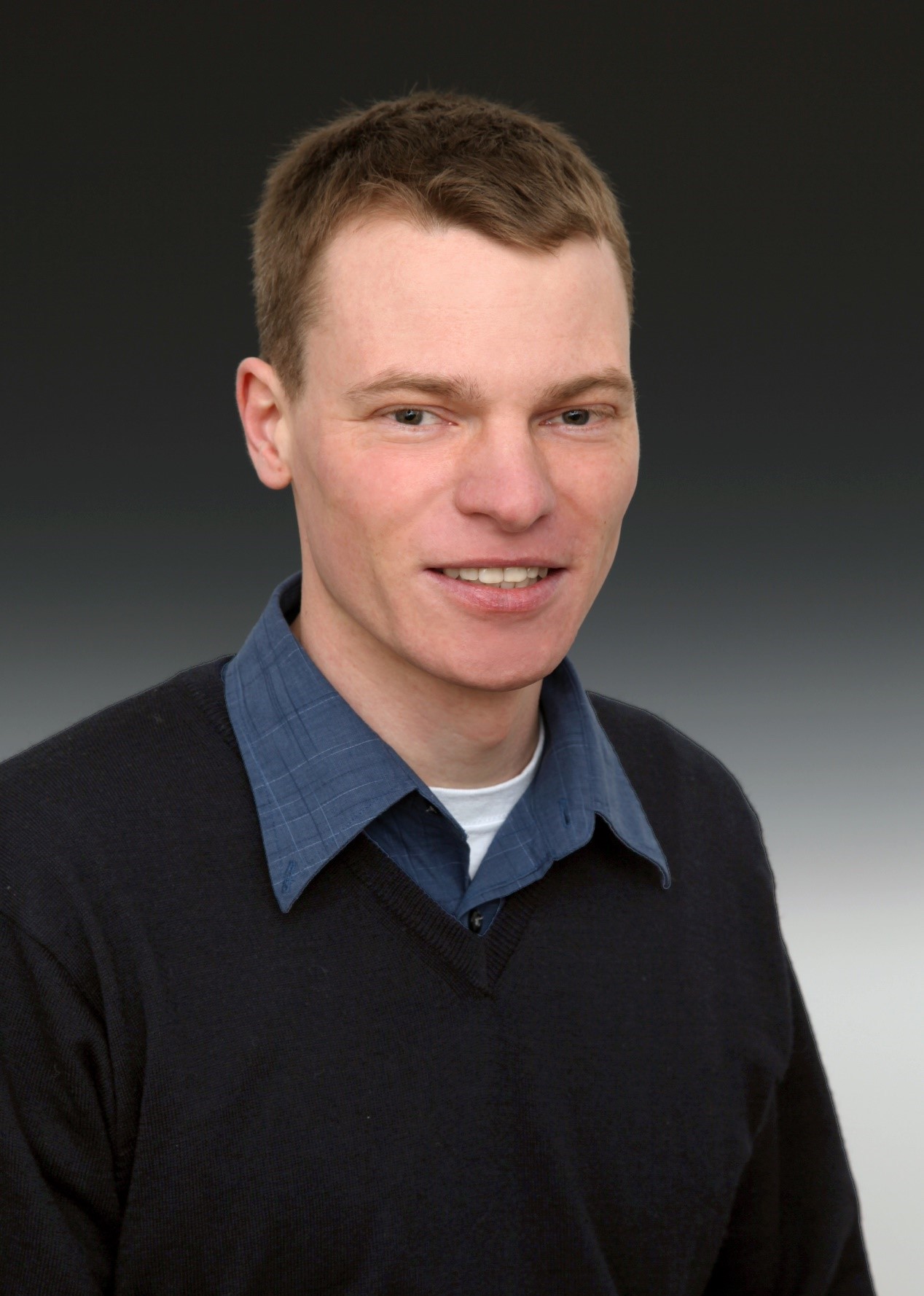Integrating different types of material behavior into one system allows to adjust its properties to complex needs concerning, for example, tunable responsiveness or actuation. The first part of this presentation focuses on magnetosensitive elastic composite materials, the properties and shapes of which are significantly affected by external magnetic fields. For instance, the overall mechanical stiffness of these composites can be adjusted reversibly from outside and on demand by nearly an order of magnitude. In the second part, we discuss active systems consisting of interacting individual, autonomous, self-propelling agents. Simple minimal models to reveal, for example, the dynamic behavior of active microswimmers in suspension are investigated. Our vision is to combine the above subjects when focusing on multifunctional composite materials that allow, for instance, an activation by localized internal actuation sites. As a long-term perspective, we intend to study autonomously operating, stimuli-responsive composite systems inspired by biological matter.
Biography: Andreas Menzel received his doctoral degree in 2009 from the University of Bayreuth (Germany). After pre- and postdoctoral stays at Kyoto University (Japan), at the University of Illinois at Urbana-Champaign (USA), and at the Max Planck Institute for Polymer Research in Mainz (Germany), he moved to Heinrich Heine University Dusseldorf (Germany). There, he completed his habilitation in 2014, focusing on the behavior of tuned, driven, and active soft matter. Particularly, he is fascinated by the consequences that adjustment of the mesoscopic structural properties in complex fluids and soft elastic materials implies for their overall macroscopic behavior. The emergence of orientational order and collective motion in intrinsically non-equilibrium, active systems represents another of his core research interests. Recently, he was awarded a Heisenberg grant by the German Research Foundation.
